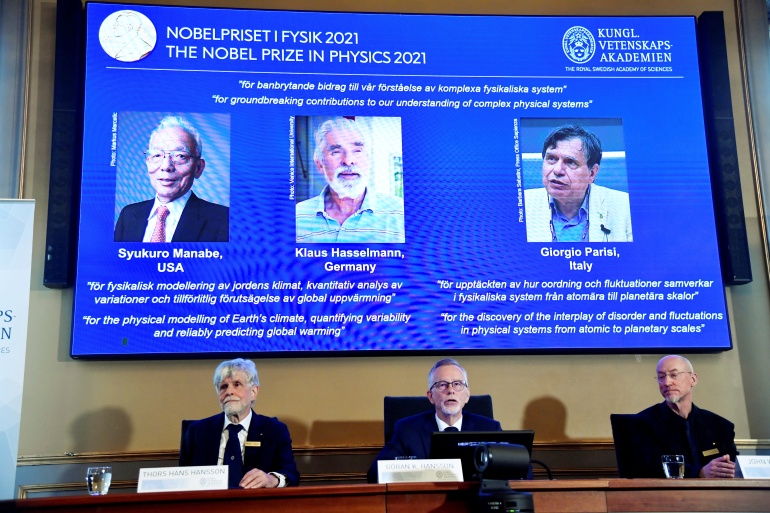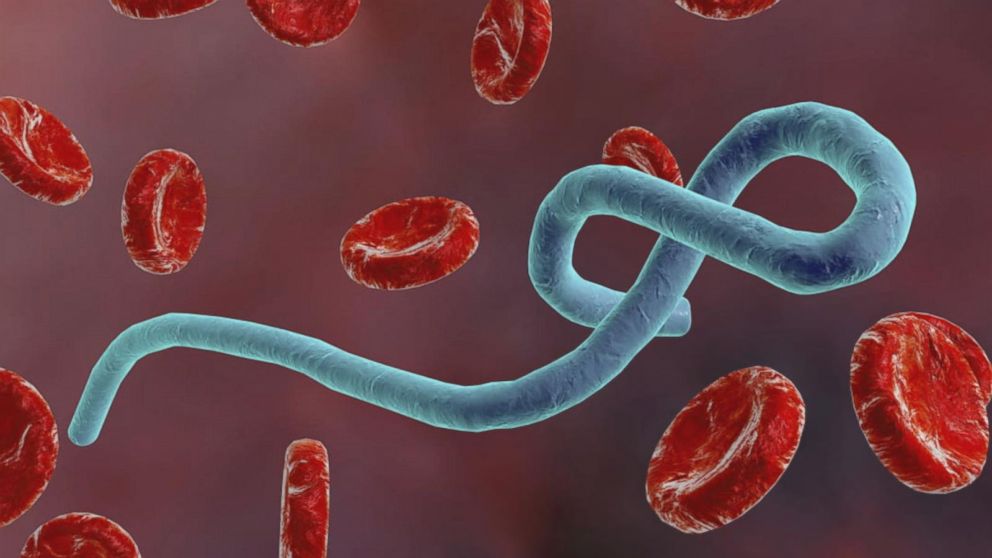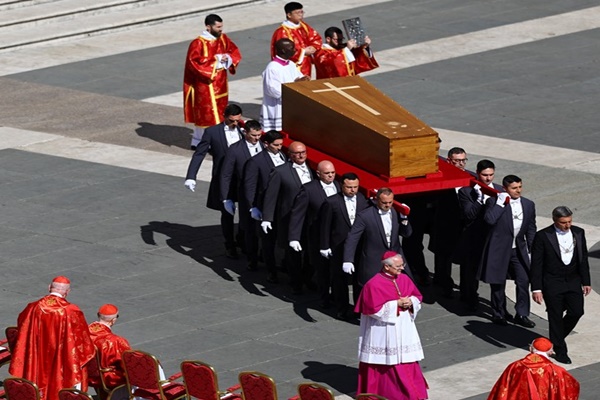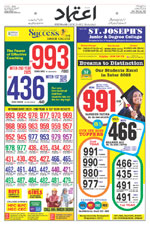Nobel Prize for physics awards to scientists from Japan, Germany, Italy
Wed 06 Oct 2021, 10:12:09

This year’s Nobel Prize in Physics is awarded with one half jointly to Syukuro Manabe of Princeton University USA and Klaus Hasselmann from Max Planck Institute for Meteorology, Hamburg, Germany “for the physical modelling of Earth’s climate, quantifying variability and reliably predicting global warming” and the other half to Giorgio Parisi from Sapienza University of Rome, Italy “for the discovery of the interplay of disorder and fluctuations in physical systems from atomic to planetary scales”.
Three Laureates share this year’s Nobel Prize in Physics for their studies of chaotic and apparently random phenomena. Syukuro Manabe and Klaus Hasselmann laid the foundation of our knowledge of the Earth’s climate and how humanity influences it. Giorgio Parisi is rewarded for his revolutionary contributions to the theory of disordered materials and random processes.
Complex systems are characterised by randomness and disorder and are difficult to understand. This year’s Prize recognises new methods for describing them and predicting their long-term behaviour.
One complex system of vital
importance to humankind is Earth’s climate. Syukuro Manabe demonstrated how increased levels of carbon dioxide in the atmosphere lead to increased temperatures at the surface of the Earth.
importance to humankind is Earth’s climate. Syukuro Manabe demonstrated how increased levels of carbon dioxide in the atmosphere lead to increased temperatures at the surface of the Earth.
About ten years later, Klaus Hasselmann created a model that links together weather and climate, thus answering the question of why climate models can be reliable despite weather being changeable and chaotic.
Around 1980, Giorgio Parisi discovered hidden patterns in disordered complex materials. His discoveries make it possible to understand and describe many different and apparently entirely random materials and phenomena, not only in physics but also in other very different areas, such as mathematics, biology, neuroscience and machine learning.
The winners were announce today by secretary general of the royals Swedish academy of sciences Mr. Goran Hansson.
The prestigious award comes with a Gold medal and 10 million Swedish Kronor. The prize money comes from a bequest left by the price creator, Swedish inventor Alfred Novel, who died in 1895.
No Comments For This Post, Be first to write a Comment.
Most viewed from International
Most viewed from World
AIMIM News
Latest Urdu News
Most Viewed
May 26, 2020
Do you think Canada-India relations will improve under New PM Mark Carney?
Latest Videos View All
Like Us
Home
About Us
Advertise With Us
All Polls
Epaper Archives
Privacy Policy
Contact Us
Download Etemaad App
© 2025 Etemaad Daily News, All Rights Reserved.

.jpg)









.jpg)
.jpg)
.jpg)
.jpg)
.jpg)
.jpg)
.jpg)
.jpg)
.jpg)






















